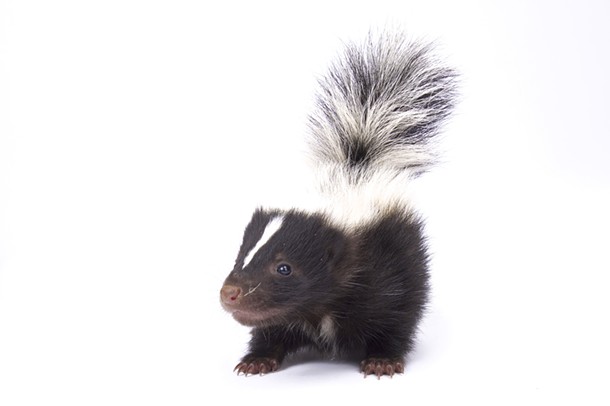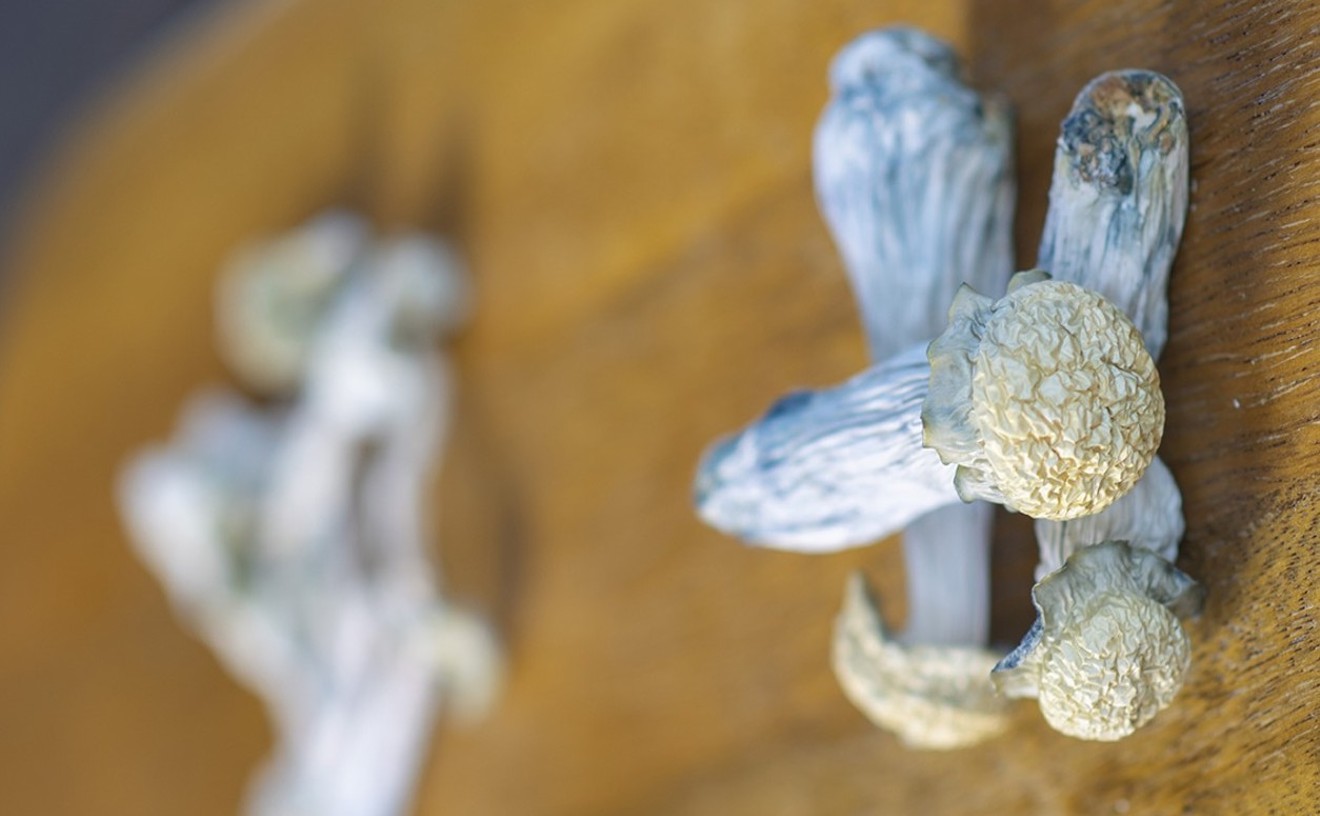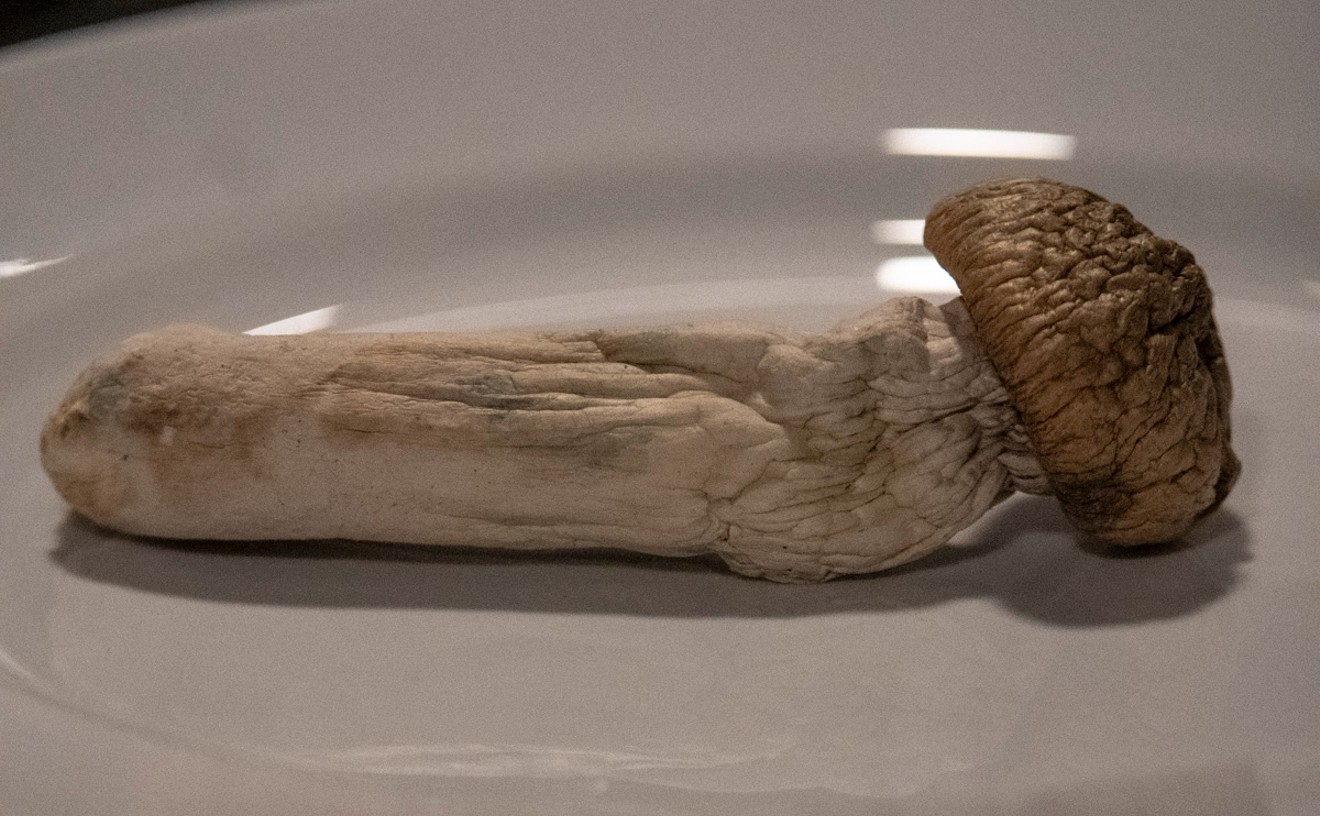Schnoz
Dear Schnoz: Of all the things that people love to say weed smells like — fruit, pine trees, rubber tires and (especially now) baked goods — “skunk” has to be the most prevalent. Non-tokers always ask if there's a skunk around when I have nugs in my pocket, and parents never seem to get mad after smelling blueberries or Girl Scout Cookies in their teenager's bedroom.

iStock/reptiles4all
While not all strains with myrcene smell like skunks, it's a common trait — and one that stoners have grown to love.
Send questions to [email protected].











